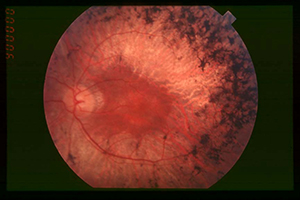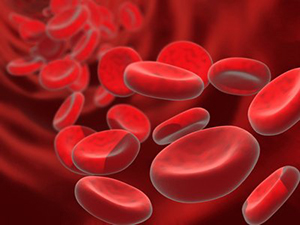 |
A new gene that allows any bacteria to become a superbug, and scientists are warning this type of drug resistance could soon appear worldwide. |
Medical tourism has become a multi-billion dollar industry. It is difficult to get exact figures but it is estimated that 1.3 million Americans traveled outside the United States for healthcare services in 2008. That number is expected to double in 2010.
Now a new warning from the National Health Services (NHS) in England has been published in British medical journals. Researchers for the prestigious Lancet Infectious Diseases report that a bacteria that makes an enzyme called NDM-1 has been found in patients who went abroad for medical procedures.
The infection is especially prevalent in patients who went to India or Pakistan, which are popular destinations with Europeans for cosmetic surgery procedures.
Fear that NDM-1 may go global
Although only about 50 cases have been reported in Britain, scientists fear that NDM-1 has the potential to go global quickly. Cases have been reported in the United States, Canada and the Netherlands.
NDM-1 can exist inside different bacteria such as E.coli. Researchers now believe that that NDM-1 can also jump to other bacteria strains that have already been found to be resistant to antibiotics. At least one strain of NDM-1 was found to be resistant to all known antibiotics.
The infection was also found to be capable of jumping from person to person which would allow it to spread rapidly and become even harder to treat. Hospitals in Britain have already reported Infections that have passed from patient to patient.
 |
A magnified view of E. coli bacteria. The superbug gene has been found in the bacteria. |
Americans do choose India for certain procedures
Most Americans who travel overseas for medical services prefer Mexico, Costa Rica, or Panama for dental services or cosmetic surgeries. After dental and cosmetic procedures, orthopedic and cardiovascular procedures are the next most popular.
While staying closer to home for dental and cosmetic procedures, Americans are more often choosing India and Southeast Asia as preferred destinations for orthopedic and cardiovascular cases.
Hospitals and doctors in India can be accredited by the United States and there is a good quality infrastructure in place. On average, medical procedures in India cost about 20% less than in the United States and some health insurance companies will approve having procedures done outside the United States.
Possibility of global infection is frightening
As of now hospitals have been able to treat NDM-1 with combinations of the most powerful antibiotics. Researchers note that it is critical to rapidly identify and isolate any infected person.
But the Lancet research report makes very clear that NDM-1 has the potential to become a worldwide epidemic and calls the potential “clear and frightening.” Researchers caution that a coordinated effort of international surveillance and the development of new antibiotics is needed.

|











